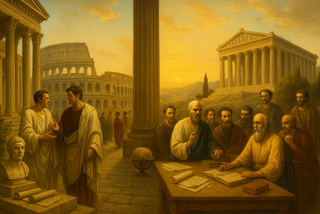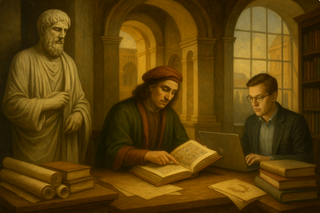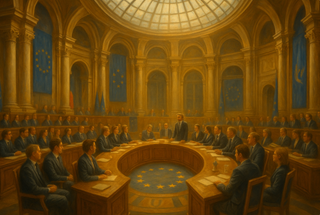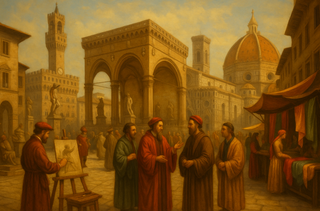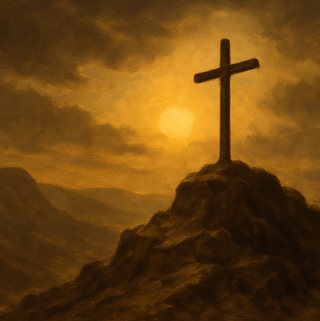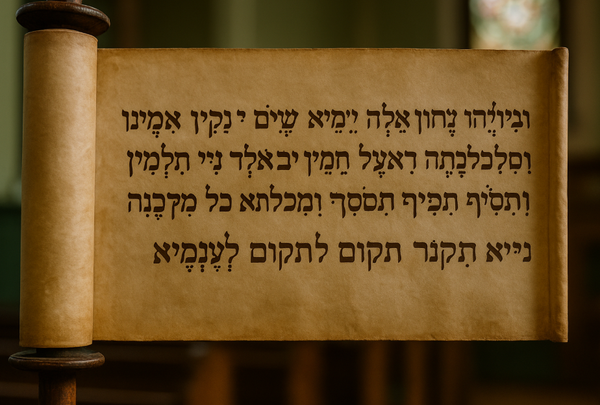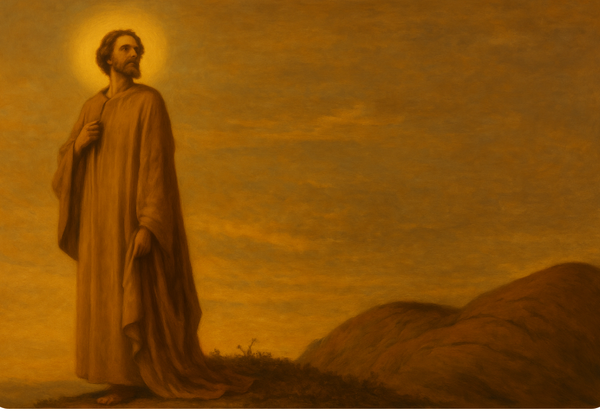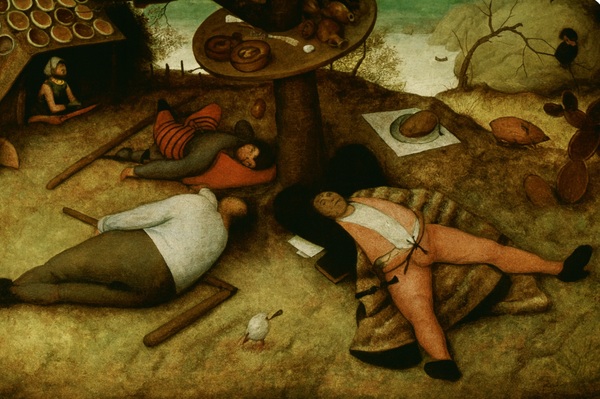
Intervention Strategies in Davidson County Costs, Benefits, and Sectoral Influences Obesogenic Food Environments Regulatory changes and investments to improve access to nutritious foods carry initial costs. Long-term benefits include reduced healthcare spending and growth in health-conscious industries. These changes can foster innovation and stakeholder alignment. Economic Planning & Collaboration Policy
by Shawn D. Mathis, PhD, MSc (Oxon), MA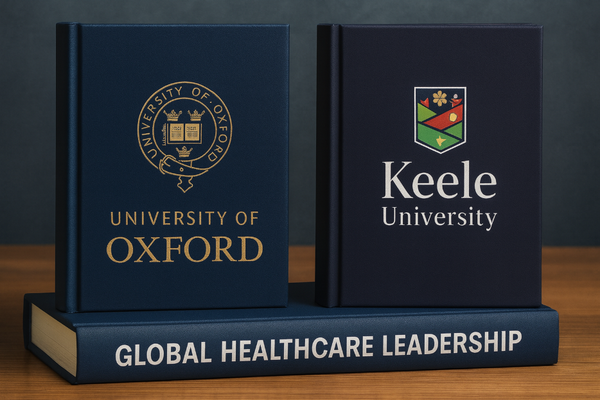
Advancing Global Healthcare Leadership: One Year On I often reflect on how the value of studying at Oxford is found in the combined experience of the rigorous academic programme, the joy of engaging with world-class professors and fellow cohort members, and the immersive experience of the city itself. Whether in
by Shawn D. Mathis, PhD, MSc (Oxon), MA
Bradbury, the prophet of a future age, warns that the great peril is not merely the loss of books. Rather, tragically, the peril is the slow erosion of the mind’s capacity to think freely. The danger begins not with fire and censorship. Gradually, with habit and the quiet surrender
by Shawn D. Mathis, PhD, MSc (Oxon), MA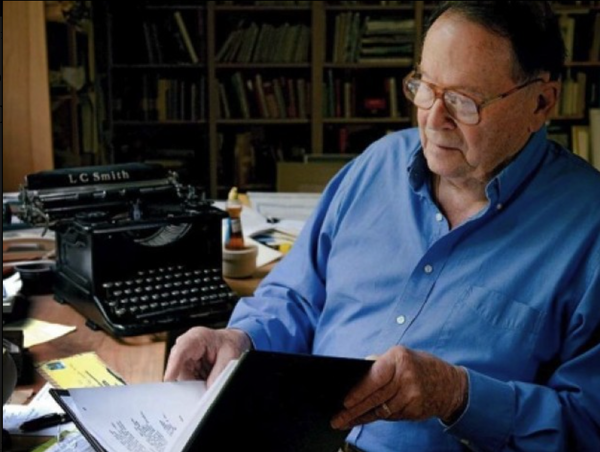
Reflective Commentary (2025) At the time of composing this essay in 2014, Richard Wilbur stood in his ninety-fourth year. I had mistakenly thought that he had already passed, but he was very much alive, a fact Professor Robert Woods gently noted with the hopeful remark, “He is still alive at
by Shawn D. Mathis, PhD, MSc (Oxon), MA
Intervention Strategies in Davidson County Costs, Benefits, and Sectoral Influences Obesogenic Food Environments Regulatory changes and investments to improve access to nutritious foods carry initial costs. Long-term benefits include reduced healthcare spending and growth in health-conscious industries. These changes can foster innovation and stakeholder alignment. Economic Planning & Collaboration Policy
by Shawn D. Mathis, PhD, MSc (Oxon), MA

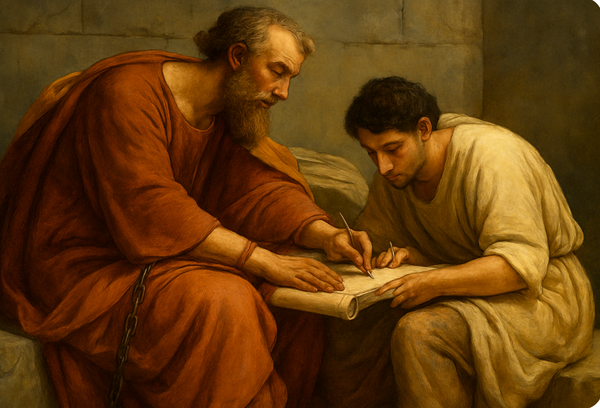

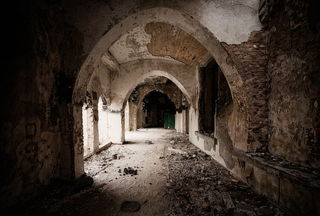
Institutions rarely fail where they appear weakest. More often, fracture emerges when authority has outgrown the form meant to carry it. This essay explores how institutional maturity requires structure capable of surviving succession and scrutiny.
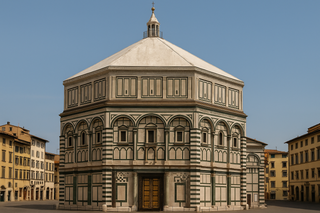
In the heart of Florence once stood “the temple where the baptistery is now located.”[1] Positioned as a Florentine centerpiece, the temple served as a sacred relic to Mars, son of the king of the gods in Roman mythology, Jupiter.[2] Mars, the god of war, was the lover
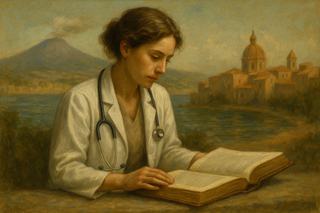
Evidence-Based Practice (EBP) is founded on a simple yet demanding premise: decisions should be grounded in the best available research evidence, informed by professional expertise, and shaped by contextual factors such as organisational priorities or patient values. In healthcare and other leadership contexts, this balance is not achieved by chance
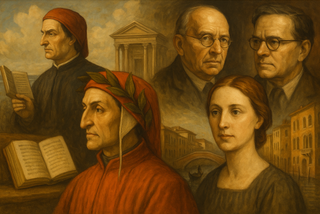
To live the life of the mind is to navigate the deep currents of thought and the restless tides of the world with the scholar’s precision and the poet’s eye. Here, the arc of a life bends toward the True, the Good, and the Beautiful, and the work

The keynote address for incoming doctoral students at Freed-Hardeman University, titled On Being Scholarly, was delivered by Dr. Shawn D. Mathis, PhD, on May 13, 2018, in Henderson, TN. You are a scholar; these are your fellows. Individually, you are scholars. A scholar is one given to serious academic inquiry.
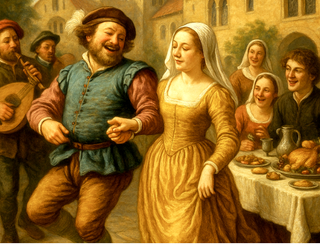
Reflective Commentary (2025) The following essay was written in 2014 for one of my earliest doctoral courses at Faulkner University. Dr. Robert Woods led the course titled “Introduction to Human Letters." An Evaluative Inquiry into the Life of the Modern Liberal Individual Leisure and festivity together form the foundation

Intervention Strategies in Davidson County Costs, Benefits, and Sectoral Influences Obesogenic Food Environments Regulatory changes and investments to improve access to nutritious foods carry initial costs. Long-term benefits include reduced healthcare spending and growth in health-conscious industries. These changes can foster innovation and stakeholder alignment. Economic Planning & Collaboration Policy
by Shawn D. Mathis, PhD, MSc (Oxon), MA
Advancing Global Healthcare Leadership: One Year On I often reflect on how the value of studying at Oxford is found in the combined experience of the rigorous academic programme, the joy of engaging with world-class professors and fellow cohort members, and the immersive experience of the city itself. Whether in
by Shawn D. Mathis, PhD, MSc (Oxon), MA
Bradbury, the prophet of a future age, warns that the great peril is not merely the loss of books. Rather, tragically, the peril is the slow erosion of the mind’s capacity to think freely. The danger begins not with fire and censorship. Gradually, with habit and the quiet surrender
by Shawn D. Mathis, PhD, MSc (Oxon), MA
Reflective Commentary (2025) At the time of composing this essay in 2014, Richard Wilbur stood in his ninety-fourth year. I had mistakenly thought that he had already passed, but he was very much alive, a fact Professor Robert Woods gently noted with the hopeful remark, “He is still alive at
by Shawn D. Mathis, PhD, MSc (Oxon), MA
